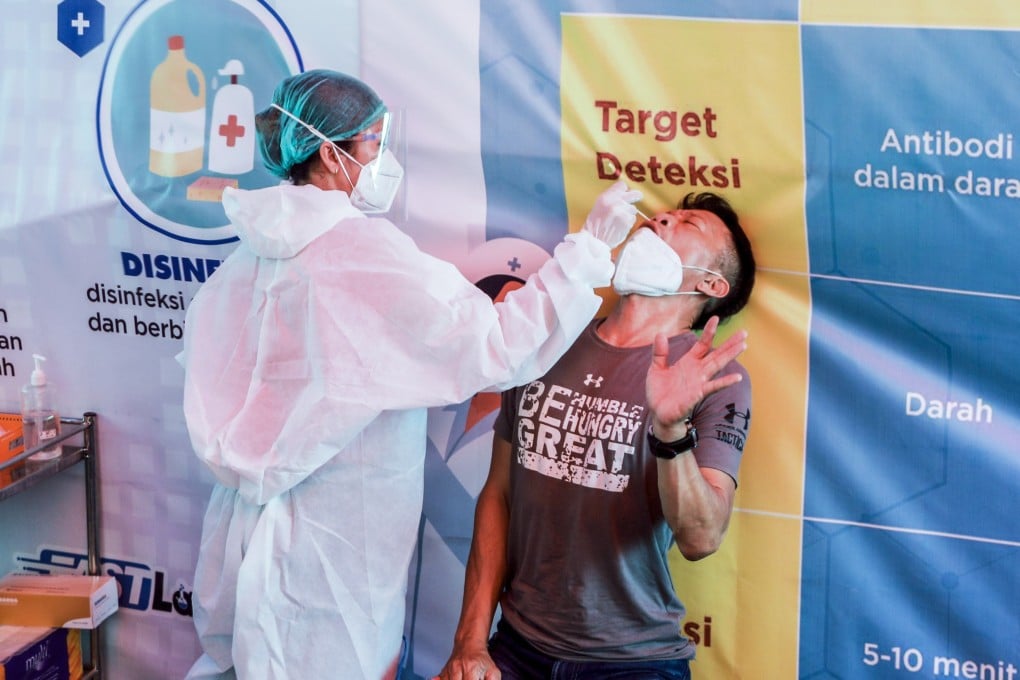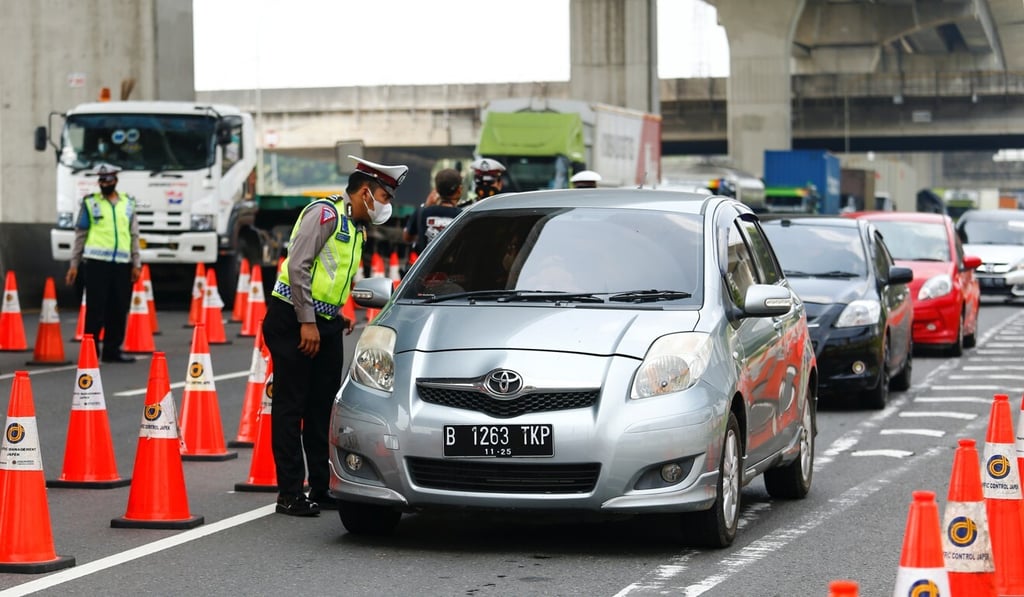Coronavirus: Indonesia faces virus ‘time bomb’ after Eid; Thai prison cluster widens
- Thailand reported 9,635 new daily infections on Monday, the highest-single day increase since the pandemic began
- Elsewhere, India’s daily cases fell below 300,000 for the first time in weeks, while New Zealand opened a travel bubble with the Cook Islands

Each year millions of Indonesians fan out across the sprawling archipelago after Ramadan to celebrate Eid au-Fitr and visit extended families, in a tradition known as mudik.
To try and avoid mass transmission of the virus, the authorities banned travel between May 6 and 17, during the Eid period, but government data suggests that at least 1.5 million people left their homes ahead of the ban.

On Monday, police were stopping cars at checkpoints around Jakarta in an attempt to identify and isolate positive cases. They were asking people about their travels, requesting to see test results and instructing some people to undergo tests.
“I don’t think these tests and roadblocks can hold down the infection numbers,” said returning traveller Trisna Hudaya, 59. “But maybe it can help to control and track.”